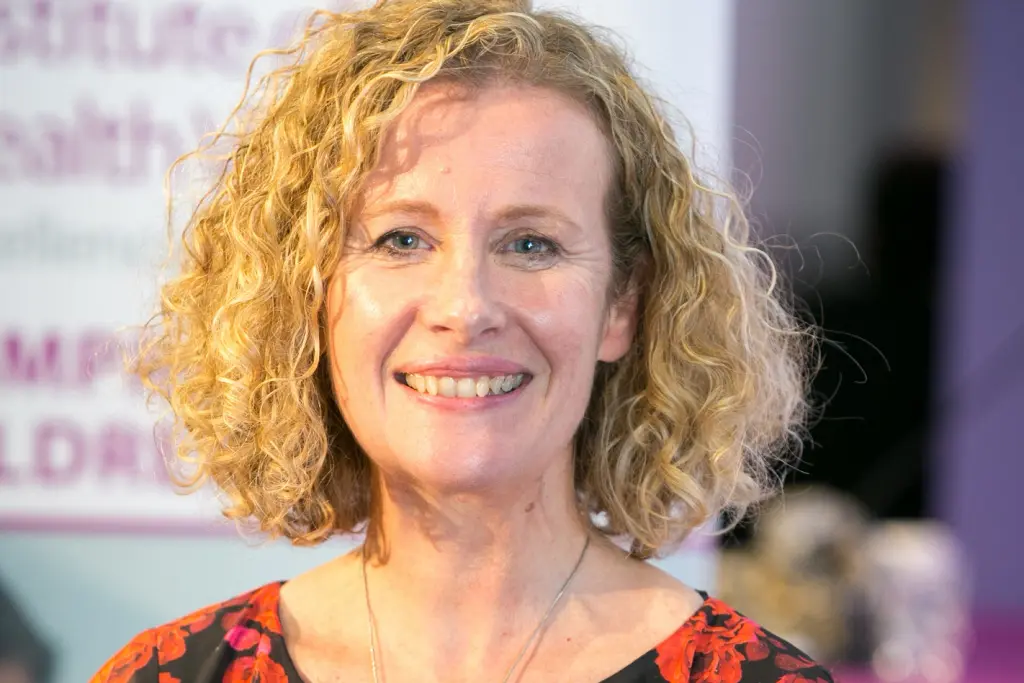29th July 2020
A Voices blog by Vicky Gilroy, Projects and Evaluation Lead at the Institute of Health Visiting, on the importance of prevention on childhood obesity as part of the Government’s Obesity Strategy.

Vicky Gilroy Projects and Evaluation Lead Institute of Health Visiting
This week, the Government set out new and welcome plans to tackle obesity in their latest #ObesityStrategy.
While the focus on obesity is welcomed by all, it has taken a potentially life-threatening virus to finally achieve a ban on the advertising of foods high in fat, sugar and salt before 9 pm, after many years of lobbying.
Alongside this, what really troubles me is the resounding absence of any clear measures on how parents are to be supported to promote healthy weight and nutrition in the early years. Childhood obesity in the UK is a continuing and significant public health concern with almost 23% of reception-age children recorded as overweight or obese (https://digital.nhs.uk/data-and-information/publications/statistical/national-child-measurement-programme/2018-19-school-year). It is a missed opportunity to put policy, with clear direction and funding in place, to make to make a real difference to change the future health of our children through a life course approach.
As health visitor with over 26 years of experience, the importance of providing support and guidance on healthy nutrition has always been an area of special interest. In the 1990s, I worked within my locality to produce infant feeding guidance and my Master’s studies focused upon the key to providing acceptable advice and information to families on introducing solids. I passionately believe that health visitors are ideally placed to provide evidence-based advice and guidance on healthy weight and healthy nutrition to parents pre-conceptually, during pregnancy and in the early pre-school years, as part of their universal reach through the Healthy Child Programme (2009).
Health visitor figures released earlier this week show an overall reduction in the capacity of the workforce. The NHS Workforce Statistics for April 2020 (available at: https://digital.nhs.uk/data-and-information/publications/statistical/nhs-workforce-statistics/april-2020) represent the lowest seen in the last decade at 6,693 WTE health visitors. Whilst it is acknowledged that this doesn’t include non-NHS employed health visitors, it is indicative of a new worrying low point for the profession. This, coupled with wide variations in local services and pathways for children in the early years, leaves many families without the support they require to reduce the risks of their children being overweight and obese. This is a view held by the Local Government Association (LGA) in their call for the Government to offer cost effective prevention strategies and a rescue package for local gyms as part of the obesity planning.
The Institute has carried out a number of national surveys in the past five years, where health visitors have voiced a need for training and resources to support their practice in offering advice on healthy weight and nutrition. In response to the feedback, iHV sought and secured funding from charitable bodies (The Burdett Fund for Nurses; The AIM Foundation) to develop and deliver evidence-based training to health visitors. This training developed health visitors to become Healthy Weight and Healthy Nutrition Champions/ Trainers who lead this agenda in their local areas, providing a cascade of evidence-based training to their colleagues and leading local developments. This is an important and positive step towards supporting the workforce to offer the support that families need. However, without better capacity, the impact of the training with health visitors reaching more families will be limited.
Health visitors are pivotal to any obesity strategy; prevention and early intervention are key components for long-term successful outcomes. The obesity strategy needs to look at the whole life course, particularly the early years, and provide policy and funding consistent with its aims. Health visitors need greater capacity to work with families to provide an individualised and trauma-informed approach, which takes account of the wider context of food and nutrition security issues and offers sensitive support tailored to their needs. There is an urgent need to give our children and their families this essential support now as a step towards reducing the impact of obesity in adulthood. Health visitors should be recognised as part of this prevention agenda, as well as part of the solution, and I urge policy makers to see them as part of their future delivery plans.
Health visitors should use every opportunity they have to share this message:
“It is easier to build strong children than to repair broken men” Frederick Douglass

